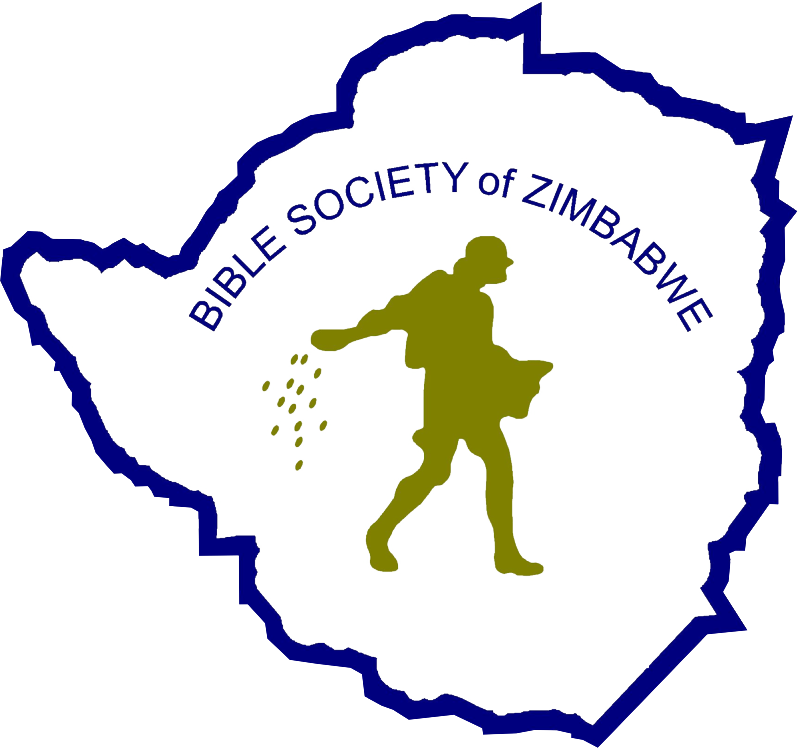The Ndebele Bible, specifically the Southern Ndebele version used primarily in Zimbabwe, has been a significant project of translation and distribution overseen by various organizations, including the Bible Society of Zimbabwe. The translation process aims to make the Bible accessible to Ndebele speakers in their native language, allowing for a more profound spiritual connection and understanding.
Features
- Early Translations: The first complete Bible translation into Southern Ndebele was completed in 1971. Before this, portions of the Bible, such as the New Testament and Psalms, had been translated.
- Modern Versions: Over the years, the Ndebele Bible has undergone revisions to improve accuracy and language clarity. These updates reflect changes in the language and a deeper understanding of biblical texts.
- Cultural Impact: The availability of the Bible in Ndebele has been crucial for religious education and church activities among the Ndebele-speaking population. It has also played a role in preserving and promoting the Ndebele language and culture.
- Linguistic Considerations: Translating the Bible into Ndebele involves addressing linguistic nuances, such as idioms, metaphors, and cultural expressions, to convey the original message accurately.
- Cultural Context: The translators must consider the cultural background of the Ndebele people to ensure the translation is relevant and meaningful.
- Community Involvement: Engaging with the Ndebele-speaking community for feedback and suggestions helps improve the translation and ensures it resonates with the audience.
The Ndebele Bible is used in churches, schools, and homes for religious education, worship, and personal study. It plays a crucial role in preserving the Ndebele language and culture and in promoting literacy among Ndebele-speaking populations.
